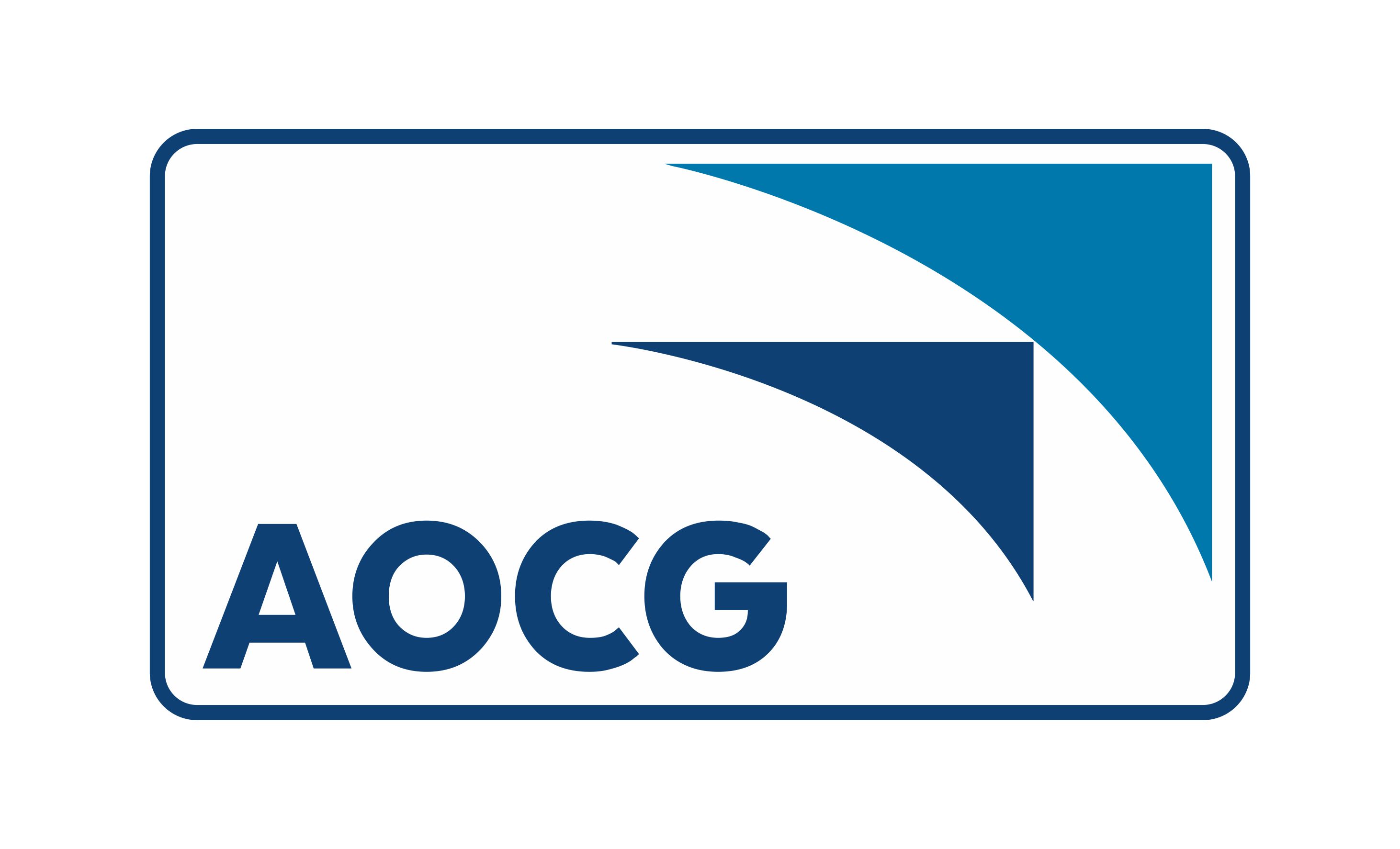Visa Process and Requirements
If you intend to study in Australia, you will need to apply for the Student visa (subclass 500).
You can apply for the following types of study on this visa:
- English Language Intensive Courses for Overseas Students (ELICOS)
- school – primary or secondary
- secondary school exchange program
- vocational Education and Training (VET) courses –a registered VET course or a registered course for the award of an advanced diploma
- higher education courses –a bachelor or associate degree, a graduate certificate or graduate diploma, a masters degree by coursework or a higher education diploma or advanced diploma
- postgraduate Research degrees –a masters degree by research or a doctoral degree
- non-award courses – non-award foundation studies courses or components of a course that do not lead to an award
- students sponsored by the Department of Foreign Affairs or Trade or the Department of Defence.
You may be able to package your courses if you would like to study more than one course. This is known as course packaging.
Please fine complete information here .
Prerequisite for the visa are as below :
- provide evidence that you've been accepted onto a course, be this a copy of your confirmation of enrolment (CoE) or offer letter;
- meet the Genuine Temporary Entrant requirement;
- provide proof of your finances;
- possess English language proficiency skills ( IELTS, TOEFL, PTE ) .
- have health insurance, which can be provided by obtaining Overseas Student Health Cover (OSHC);
- not have a substantial criminal record.
You'll also need to submit application form 157A, passport photos and proof of your academic record.
Financial requirement for Visa :-
If you need to provide evidence of financial capacity, you will be able to demonstrate this by providing one of the following:
- evidence of funds to cover travel to Australia and 12 months’ living, course and (for school aged dependants) schooling costs for the student and accompanying family members
- evidence that you meet the annual income requirement
- an Acceptance Advice of Secondary Exchange Students (AASES) form (secondary exchange students only)
- a letter of support from the Department of Foreign Affairs and Trade or Department of Defence.
Twelve months' funds option
Evidence of funds can include money deposits, financial institution or government loans, scholarships or sponsorships.
Annual income option
The annual income option requires a student to provide evidence of personal annual income of at least AUD 60,000. For students accompanied by family members, the requirement is at least AUD 70,000. The income demonstrated must be the personal income of your spouse (who is not coming with you) or parents. Where both of your parents are working, their combined income can be considered for this requirement. Evidence must be in the form of official government documents such as tax assessments. Evidence in the form of bank statements or information directly from an employer is not acceptable.
Living costs
From 1 July 2016, the 12 month living cost is:
- student or guardian - AUD 19,830
- partner or spouse - AUD 6,940
- child - AUD 2,970.
Schooling costs
Where school aged children are included in your student visa application, schooling costs of at least AUD 8,000 per year for each child will need to be added to the amount of funds required. You are responsible for researching schooling costs, which vary between states, territories and schools in Australia.
You do not have to provide evidence of schooling costs if you are:
- a PhD student and can show you have enrolled your child in an Australian government school where the fees have been waived
- received an Australian Commonwealth Government scholarship, including Foreign Affairs and Defence sponsored students, and you can show you have enrolled your child in a government school where the fees have been waived.
Genuine access to funds
You and your accompanying family members must be able to access the funds shown while you are in Australia.
When considering whether the funds will be genuinely available, we will take into account:
- the nature of the relationship between you and the person who is providing the funds, where applicable
- your income, assets and employment or those of the person providing the funds
- your previous visa history and that of the person providing the funds.
Acceptable form of Funds
Fixed Deposits
Balance in saving accounts
Public Provident funds
EPF, GPF, CPF, EF
Post office savings
Bank Loan ( Educational loan , Term loan , Personal loan or overdraft)
NB: Funds must be in nationalised bank, Foreign bank , or in Private bank.
Importantly , if students enrolled at an education provider with the lowest immigration risk outcomes will have lower evidentiary requirements, regardless of their nationality. Students enrolled at an education provider with the highest immigration risk outcomes will have access to reduced evidentiary requirements if they are from a country with the lowest immigration risk.
